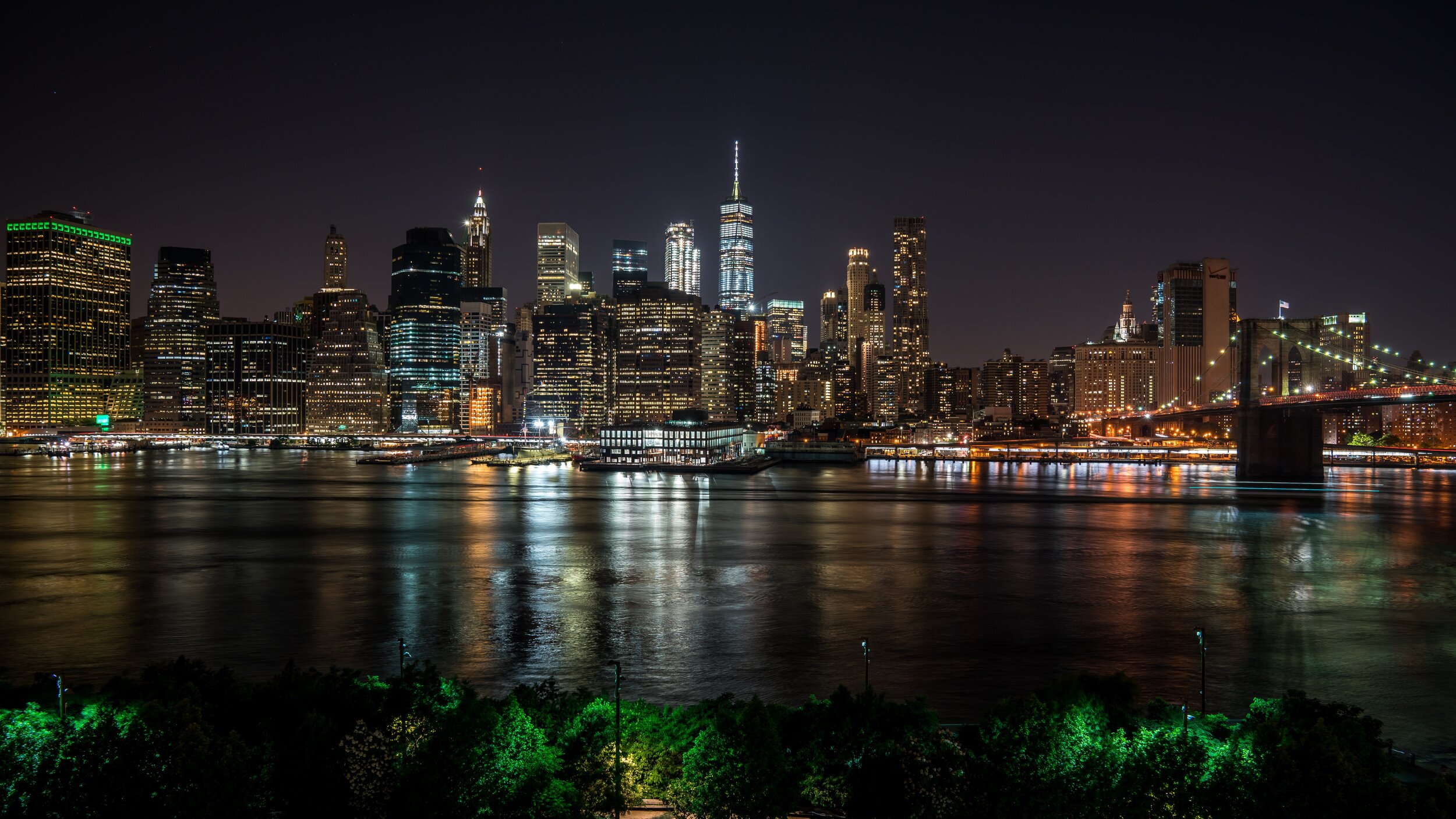
Worldview Institute | Spring 2015
The Worldview Institute | Winter 2015 Semester
SEMINAR 1 : February 11, 2015
UN Post-2015 Outlook: Opportunities for Transformation
The opening seminar will highlight the opportunities for the next United Nations development agenda — with a focus on ending poverty, protecting the planet and transforming all lives.
Guest lecturer: Amina J. Mohammed, UN Special Adviser, Post-2015 Development Planning
SEMINAR 2 : February 18, 2015
Bear Trap: How Sanctions and Cheap Oil Will Crush Russia's Economy
Twenty-five years after the fall of the Soviet Union, Russia faces a similar crisis: falling oil prices. A decade of expensive oil gave Vladimir Putin the economic growth he needed to solidify his political power. Now, coupled with crippling sanctions imposed by the West over Putin's incursion into Crimea and Ukraine, falling oil prices threaten to send Russia's economy into a deep recession. That will test how firm Putin's grip on power truly is, and will certainly send reverberations through the global economy.
Guest lecturer: Matthew Philips, Associate Editor, Bloomberg Businessweek
SEMINAR 3 : February 25, 2015
The 70th UN Year: Embracing New Challenges
In September, at the start of the 70th anniversary session of the UN General Assembly, heads of state and government will adopt a new development agenda to succeed the Millenium Development Goals. This new road map will be of a global nature, thus all 193 member countries will have to implement it. How this implementation might work, where the negotiations stand in general at this juncture, and what will be the role of Rule of Law and Human Rights in the Post 2015-Development Agenda will be discussed.
Guest lecturer: H. E. Ambassador Martin Sajdik, Permanent Representative of Austria to the UN, Seventieth President of the Economic and Social Council (ECOSOC)
SEMINAR 4 : March 4, 2015
Global Citizenship Without World Government
The ideal of world citizenship might seem to imply the creation of a global government. But Professor Appiah will argue that the tradition of cosmopolitanism — which is now some two and a half millennia old — suggests a different picture, in which the sentiment of human solidarity entails respect for the right of different communities to choose distinct ways of life.
Guest lecturer: Kwame Anthony Appiah, Professor, Philosophy and Law, New York University
SEMINAR 5 : March 11, 2015
Chaos in Syria: Is There a Political-Diplomatic Way Forward?
Ambassador Hof will discuss attempts to date for finding a sustainable diplomatic pathway to serious negotiations for a Syrian political transition, including those undertaken by the UN Secretariat and Special Envoys Kofi Annan, Lakhdar Brahimi and Staffan de Mistura. Having served on the U.S. delegation at the June 2012 Geneva Conference chaired by Annan, he has some insights into the Geneva formula for such a transition and will discuss the prospects of its application. He will offer his views on the requirements for stabilizing Syria, mitigating the humanitarian destruction there, the defeat of ISIL, and providing Syrians with an opportunity to experience legitimate, representative and inclusive governance.
Guest lecturer: Ambassador Frederic Hof, Resident Senior Fellow, Rafik Hariri Center for the Middle East, Atlantic Council
SEMINAR 6 : March 18, 2015
The Collapse of the Soviet Union and Its Consequences 25 Years Later
The Soviet Union collapsed due to internal economic and political reforms that shocked the old system. The US and European governments offered technical assistance and credits, but never intended to bolster the regime. Instead, NATO expanded into countries that were previously allied with Moscow, responding to invitations for help. Meantime, Washington pressured Moscow to withdraw from Afghanistan, Africa and Nicaragua. The result was that the United States emerged as the sole super power; a role that required the maintenance of world order. 25 years later, Putin rilles against the collapse and blames the west for its expansion. This presentation will trace back geopolitical problems of today to the geopolitical shifts of 1989-1991.
Guest lecturer: Diana Negroponte, Senior Fellow, Foreign Policy, Latin America Initiative, Brookings Institution
SEMINAR 7 : March 25, 2015
Tackling the Zero Hunger Challenge
In June 2012, the UN Secretary-General launched the Zero Hunger Challenge as a global call to action to achieve a vision of a world without hunger. The global community has made great progress reducing hunger and poverty as part of the Millennium Development Goals. The number of hungry people has gone down by 173 million since 1990, and poverty was cut in half since 2000 — making this the most successful anti-poverty campaign in history. But we need to do much more to ensure the poorest and most vulnerable people benefit from economic growth. Addressing hunger and undernutrition is fundamental to reaching all other development goals, such as economic development, gender equality, improved health and increased access to education. The Zero Hunger Challenge and the incoming Post-2015 Development Agenda bring the opportunity for all of us to work together to eradicate hunger, in our lifetimes, once and for all.
Guest lecturer: Amir Mahmoud Abdulla, Deputy Executive Director and Chief Operating Officer, World Food Programme
SEMINAR 8 : April 1, 2015
A Visit to the United Nations
A private tour of the United Nations with fellow Worldview participants, with the opportunity to discuss your impressions at dinner following the tour.
SEMINAR 9 : April 8, 2015
The Twilight of Hyper-Growth in China
The extraordinary economic growth rates that China has chalked up for over three decades have transformed the country from a low income, still largely agrarian country to an industrial powerhouse with a huge global footprint. Hyper-growth has also had negative consequences, especially for the natural environment and for social equity. Now, however, the era of ultra-high growth shows signs of coming to an end. This talk will address the reasons for the slowdown and its significance for China.
Guest lecturer: Carl Riskin, Senior Research Scholar, Adjunct Professor of Economics, Columbia; Distinguished Professor of Economics, Queens College, CUNY
SEMINAR 10 : April 15, 2015
India: The New Government
Guest lecturer: Ambassador Asoke Kumar Mukerji, Permanent Representative of India to the United Nations
April 17, 2015
Worldview Winter 2015 Graduation Dinner
Keynote Speaker: Ambassador T. Hamid Al-Bayati, Adjunct Professor (Fordham and Rutgers), and Special Advisor at Middle East Office of International Education (Fairleigh Dickinson).
Location: The National Arts Club, 15 Gramercy Park South, New York

